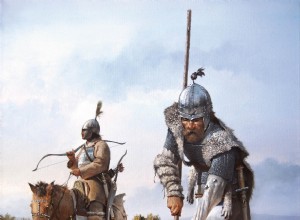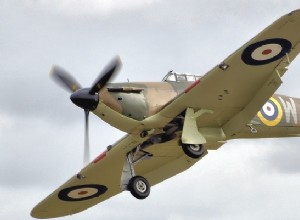Very little is known for certain about this momentous battle, since there is hardly any archaeological evidence and contemporary chronicles are fragmentary. The main primary source we have is Jordanes who, as a Gothic apologist for him, glorified the war actions of his fellow men on both sides and p




